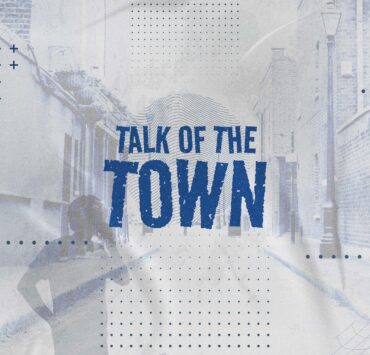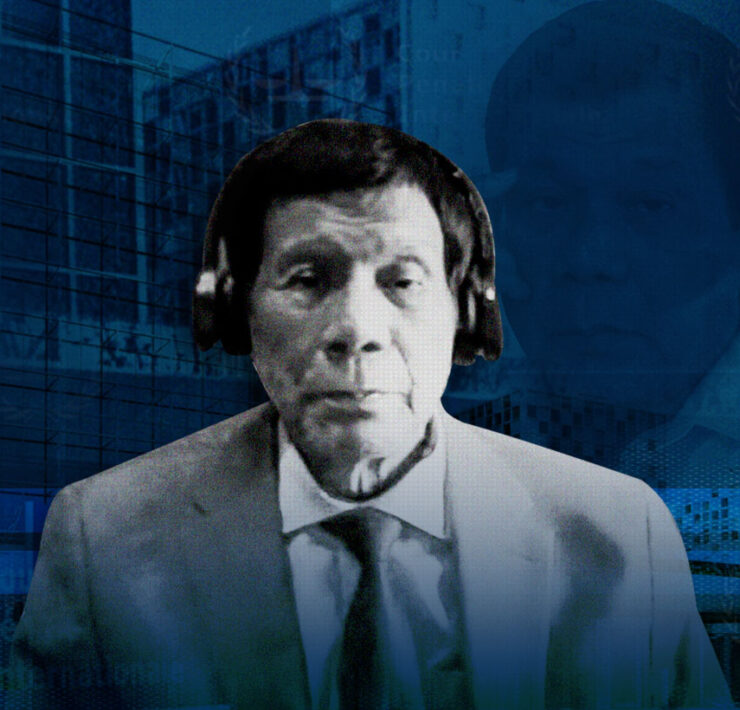Justice without exception

Last week, a police major was arrested after he allegedly committed sexual abuse. According to official reports, a tactical officer assigned to the Philippine National Police Academy (PNPA) in Silang, Cavite, performed unwanted sexual acts on a 23-year-old male cadet. The victim asked for assistance from the duty guard in the building and their superior, who immediately facilitated the suspect’s arrest. A case for acts of lasciviousness has subsequently been filed.
Globally, reports reveal that sexual violence and harassment are significant problems in training schools for uniformed services, but these cases are often hidden and underreported. For instance, a mandated anonymous survey at US military academies found that about 21.4 percent of female cadets and midshipmen and 4.4 percent of their male counterparts experienced unwanted sexual contact, such as groping or rape, but only about 14 percent of the victims filed official reports. The results highlight how spaces with rigid hierarchies that promote conformity can discourage victims from opening up, and that numerous cases do not reach formal investigation or public awareness.
Hazing traditions can also mask various forms of abuse. Research on hazing explicitly links it to the normalization of sexual violence because perpetrators conveniently frame humiliating or sexually degrading acts as ways to foster mental toughness and social bonding. For example, tapping another person’s genitals without their consent is labeled as part of the “brotherhood.” In 2018, the PNPA had another case in which three cadets were dismissed after they had forced two other junior cadets to perform oral sex as part of their “punishment.” Despite the anti-hazing law, there are still many places, especially hypermasculine environments like training schools, that continue to secretly hold abusive initiation rites. Sadly, the participants frequently do not realize that some of the hazing acts constitute sexual assault until much later.
Feelings of shame perpetuate underreporting. Whenever a survivor opens up, not only are they forced to relive their experience by retelling the story, but they also have the burden of convincing the listener that their story is true. As I touched on in a previous column (see “Abuse knows no gender,” 8/5/24), an additional hurdle that male survivors face is victim-blaming narratives that the sexual assault was a result of their own weakness or incompetence as a man. As a result, many men who are sexually victimized are afraid to speak up because they believe that they are partially responsible for what happened. Compounding this is another pervasive belief that wrongfully associates arousal with consent. So when male survivors involuntarily experience sexual arousal or even orgasm during the unwanted act, this can lead to deep internal conflict. Survivors may question whether what happened was truly abuse, or whether they had, in some way, been willing participants. In order for men to safely speak up, these harmful societal perceptions also need to be addressed.
Zero-tolerance policies combined with consistent enforcement and safe reporting channels help reduce sexual misconduct. The immediate response of PNPA Silang to the young cadet’s complaint is highly commendable because it sends a strong message that officers are not afforded impunity for sexual violence. However, as observed by National Police Commission vice chair Rafael Calinisan, the more appropriate criminal charge should have been rape rather than acts of lasciviousness. The accurate legal classification of the offense not only ensures the imposition of commensurate penalties on the perpetrator, it also validates the lived experience of the victim.
There should also be training to provide cadets with tools to recognize less subtle acts of sexual violence and ways to safely intervene and support their peers. In the US Air Force Academy, introducing the CHiPS (Cadet Healthy Personal Skills) program has led to a 40 percent reduction in unwanted sexual contact among participants. The intervention focuses on building healthy relationship skills, consent understanding, and social norm changes leading to a more positive culture as well as improved victim services. It is worth exploring how the program can be replicated in our own academies and training institutions.
Too often, cases of sexual abuse and harassment go unreported because of the associated stigma. But it’s high time that we ensure that the shame is felt by the perpetrators, not the victims. As more male survivors speak up, they are helping reclaim the power of every person who has been victimized, regardless of gender. In a country where victims are often doubted or silenced, the swift action by the PNPA and the courage of the cadet are worth commending and replicating. The goal now is for these effective measures to be institutionalized, rather than treated as exceptions.





















Reclaiming our neighborhoods from harm